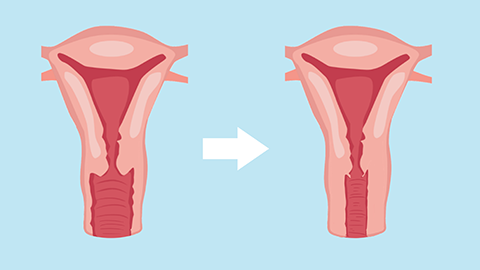Can vaginal laxity after childbirth be restored through surgery?
Generally speaking, whether vaginal laxity after childbirth can be surgically corrected depends on individual circumstances. If a person is in relatively good health, surgical improvement is usually possible; however, if other medical conditions exist, surgery is not recommended. If experiencing discomfort, timely medical consultation is advised. Detailed explanation is as follows:

Vaginal tightening surgery is a procedure that reduces the vaginal diameter and enhances the tension of the vaginal muscles to achieve a vaginal tightening effect. If the patient is in good general health without severe chronic diseases, or if vaginal laxity significantly affects quality of life—such as causing decreased sexual satisfaction or urinary incontinence—the patient may consider undergoing vaginal tightening surgery.
Individuals with chronic conditions such as heart disease, hypertension, or diabetes may face increased surgical risks. Therefore, vaginal tightening surgery is not recommended for patients with these chronic conditions. Additionally, if vaginal laxity is mild and does not affect daily life or sexual function, non-surgical methods such as pelvic floor muscle exercises or the use of vaginal cones (conservative treatments) can be used for improvement.
It is recommended to consult with a qualified physician to determine whether vaginal tightening surgery is appropriate. Maintaining a positive mindset and following professional postpartum recovery guidance are also important for gradually restoring overall health.







